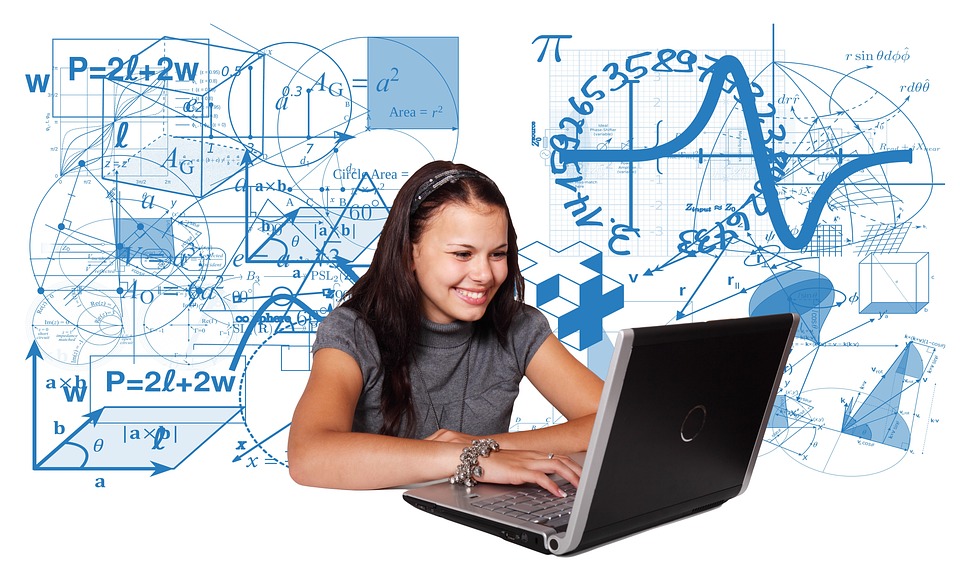What skills should a math teacher teach his students?
Before the advent of universal secondary education, the mathematics teacher had a select group of students who were likely, in terms of Gardner’s multiple intelligences, to be the logical thinkers in mathematics. So there was no real need for the math teacher to change the teacher away from “chalk and talk” and lots of exercise.
But the second half of the twentieth century saw most students progress to secondary schools. Soon, most of the students continued to complete their secondary education and most of them continued to study mathematics. This means that these students have a variety of learning styles which we might equate with Gardner’s multiple intelligences.
This meant that mathematics teachers had to expand their pedagogy and teach new skills to assist all students in their mathematical development. At this time, I was the head of the mathematics department in a large school that had undergone the introduction of new curricula designed to put the teaching of mathematics in a position to cater to these different learning styles.
Curriculum content has been updated. The use of computers, scientific calculator and graphics along with the internet has become mandatory. This led me to think about what additional skills my students need to develop. Other teachers in other subject areas likely wanted to develop it as well.
Asking another school for me to explain how my department handled the change from 40 minutes to 70 minutes got me thinking about these skills. I discussed my list and got it accepted into the workshop.
Below is a list of additional skills that I think we, math teachers, should strive to develop as soon as possible. (A brief explanation may be included with each skill.)
they:
- communication skills. One aspect of some of the new approaches is introducing problems into unfamiliar contexts that need to fully communicate solutions.
- Calculator skills. The calculator enables the student to quickly perform the necessary calculations. Students need to be taught examination and estimation skills to make it easier to use them correctly. Graphing calculators have built-in software that allows greater depth to real-life problems.
- Computer skills.
- Internet skills.
- Skills in how to focus effectively in class. This is important because less time is devoted to teaching mathematics than it was in the past. This should include skills on how to be a strong listener.
- Textbook skills. It is the student’s first choice in enhancing learning in the classroom. The student needs to know how best to use it.
- Homework and study skills.
- Examination skills including how to go about solving a problem and how to develop an examination technique that helps ensure the best results.
- Problem-solving/critical thinking skills. And
- In high school where life gets very busy, organizational skills.
These skills cannot be developed overnight. There must be a commitment by all mathematics teachers to present them from the first day of a student’s high school life when the opportunity arises. Separate lessons on skills are not the best options. Projecting different skill ideas into daily lessons is a better option because the student will see it in an everyday event, not a contrived event.
What I have suggested here is in many ways a “wish list”. If all teachers of mathematics embraced the need for these skills, they would gradually, over the years, become a natural part of a student’s personality in mathematics.

